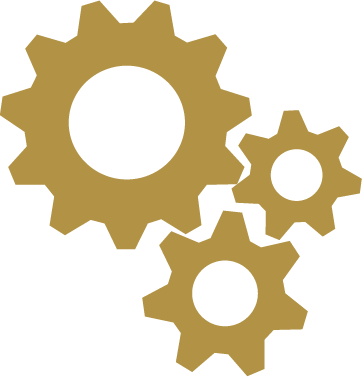Research in Computer Science
by Dr. Dan Kaiser
The main research databases are the ACM Digital Library and the IEEE Xplore Digital Library which contain full-text and bibliographic literation from across computing disciplines. The DBLP Computer Science Bibliography is a reference for bibliographic information from the major journals in computer science.
Scholarly journals
As in most fields, peer reviewed journals hold the greatest credibility. In general, for computer science, even most Wikipedia articles are highly accurate, well cited, and can serve as the starting point for research. In addition, due to the technical nature of articles dealing with hardware or software, it is often possible to implement the system or programming concept being discussed to verify that what is being said in the article is feasible. In more theoretical areas of computer science, its mathematical nature allows claims to be proven within the article and verified directly by the reader.
Trade journals
Trade publications are a less daunting resource for most professionals to stay abreast on the latest advances in technology without having to the wade through research articles. Most trade publications in computer science have migrated to a digital format. Some of the more well-known are; Wired–a daily tech news website associated with the print magazine of the same name, Macworld, PCWorld or Linux Magazine–tips and reviews for the specific platform, and InformationWeek–devoted to the business of computing.
Code of Ethics
The ACM adopted its Code of Ethics and Professional Conduct in 2018. The code is designed to guide the ethical conduct of all users of computing technology. It combines general principles, professional responsibilities, and leadership principles.
Documentation in Computer Science
